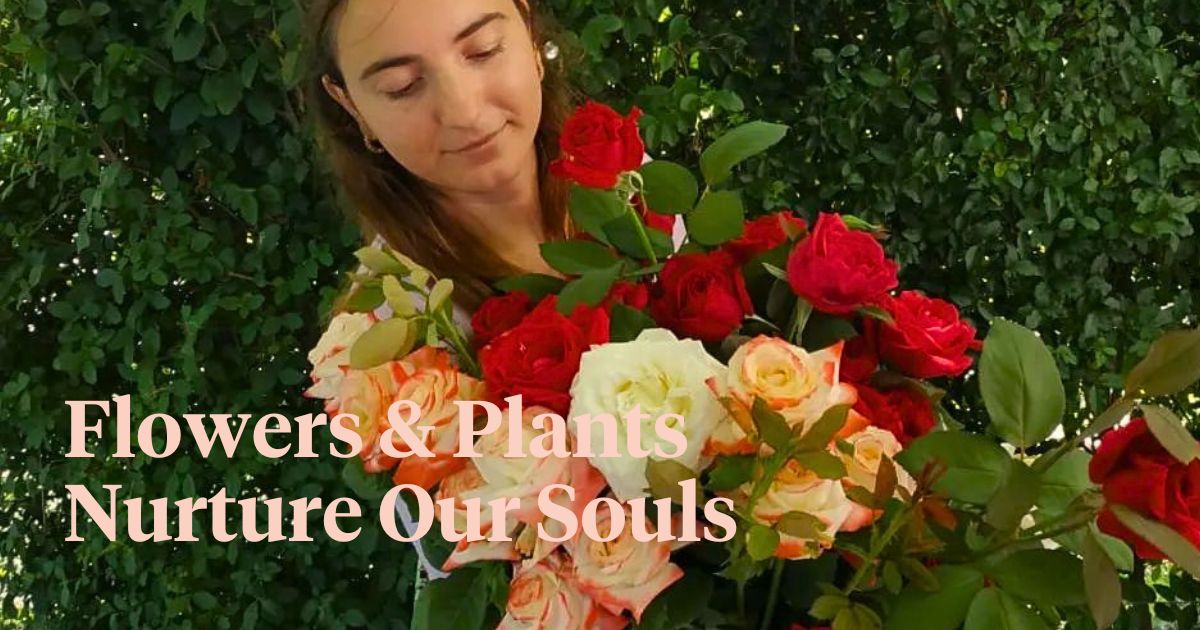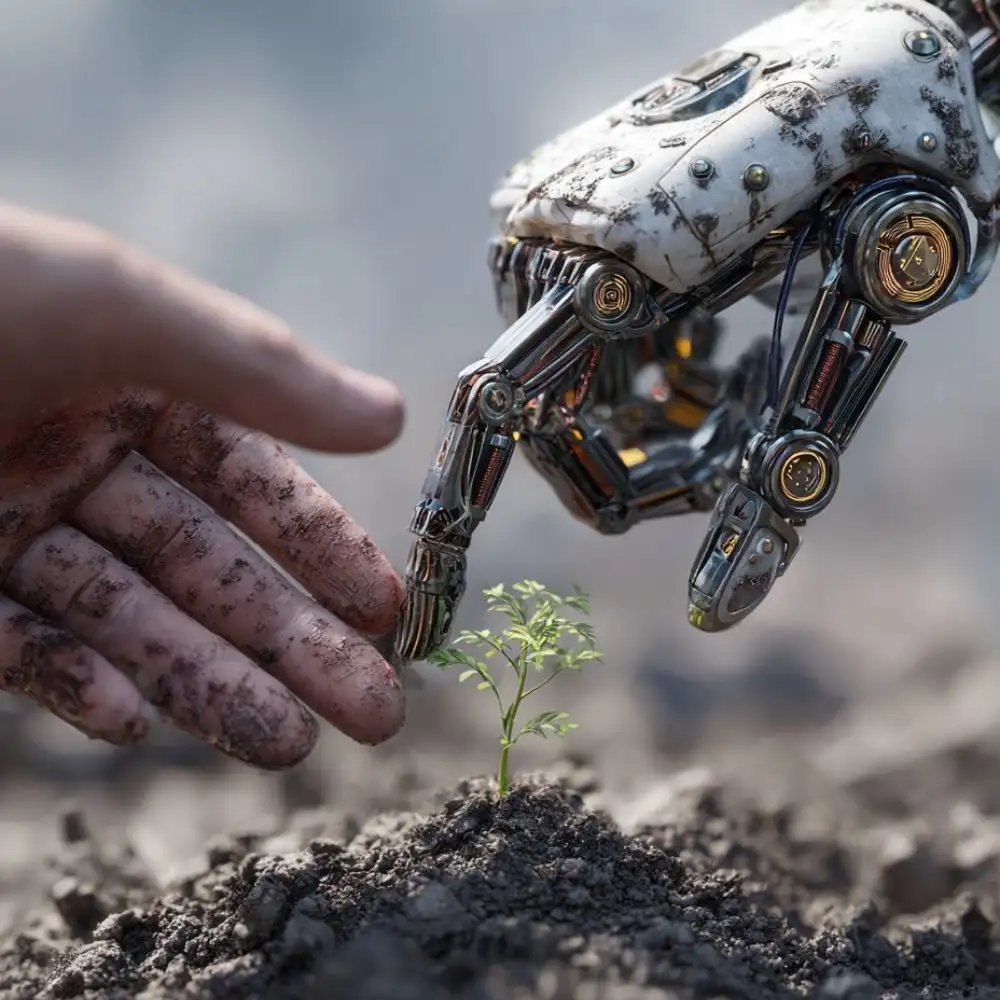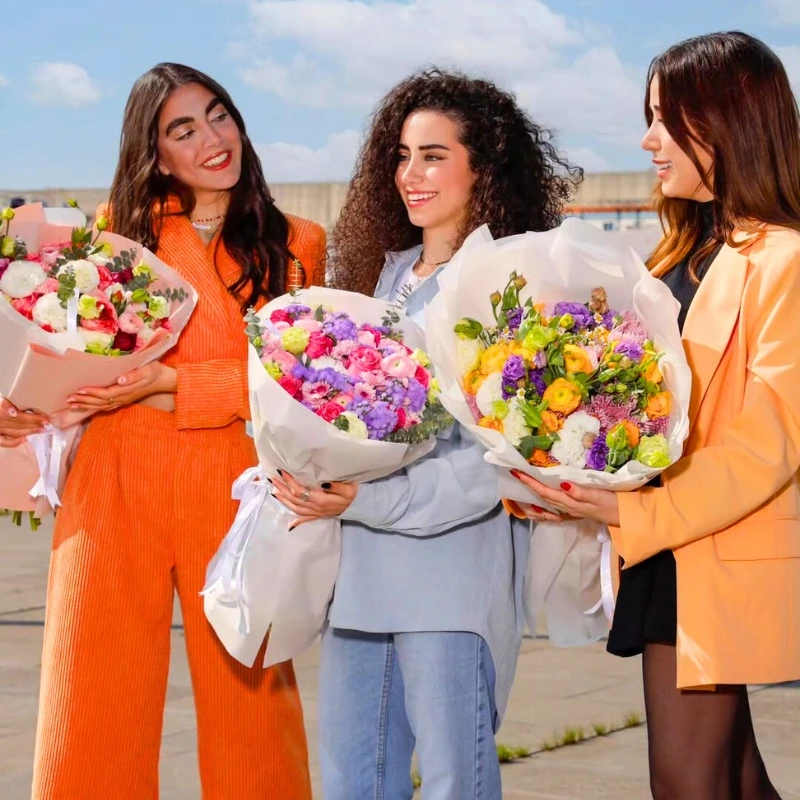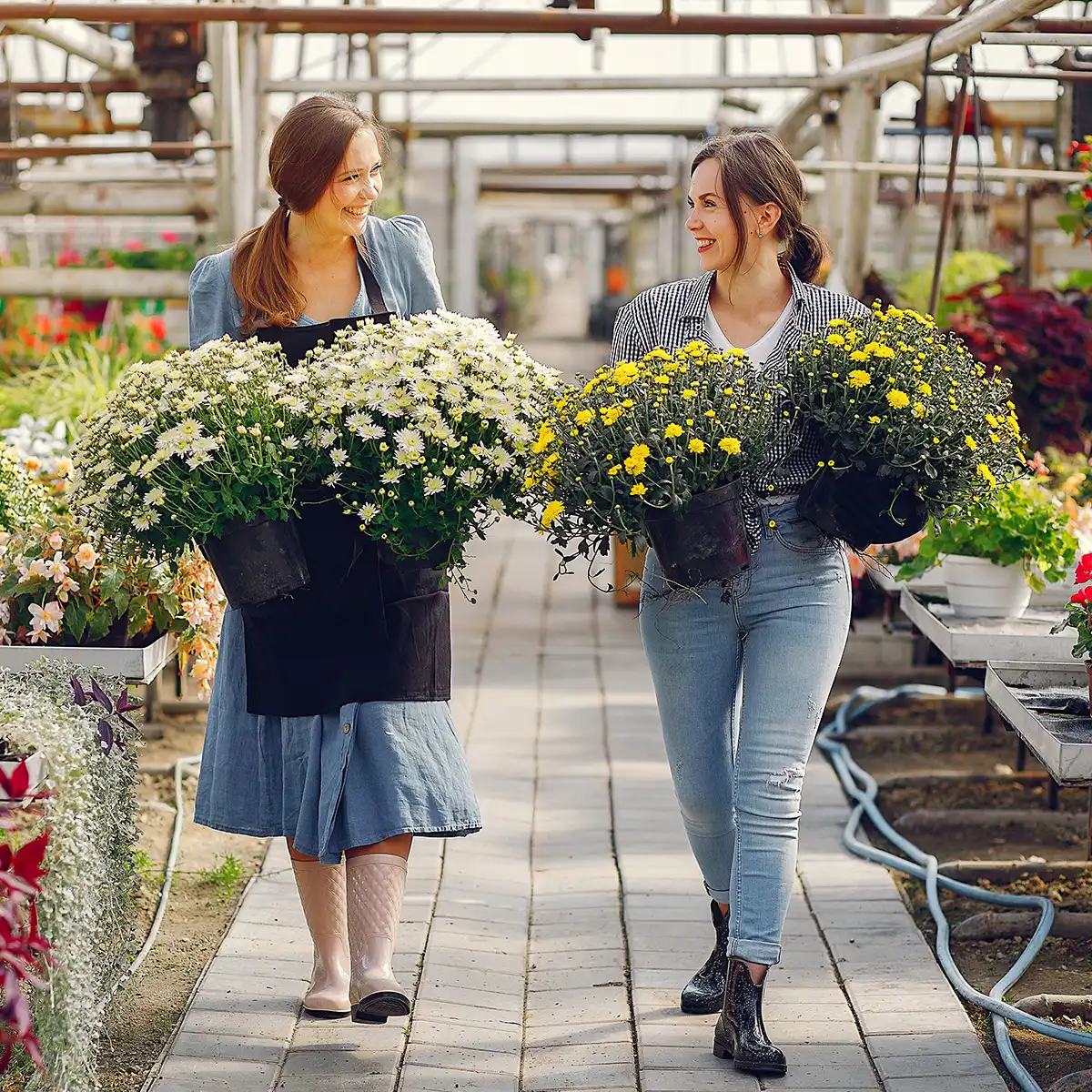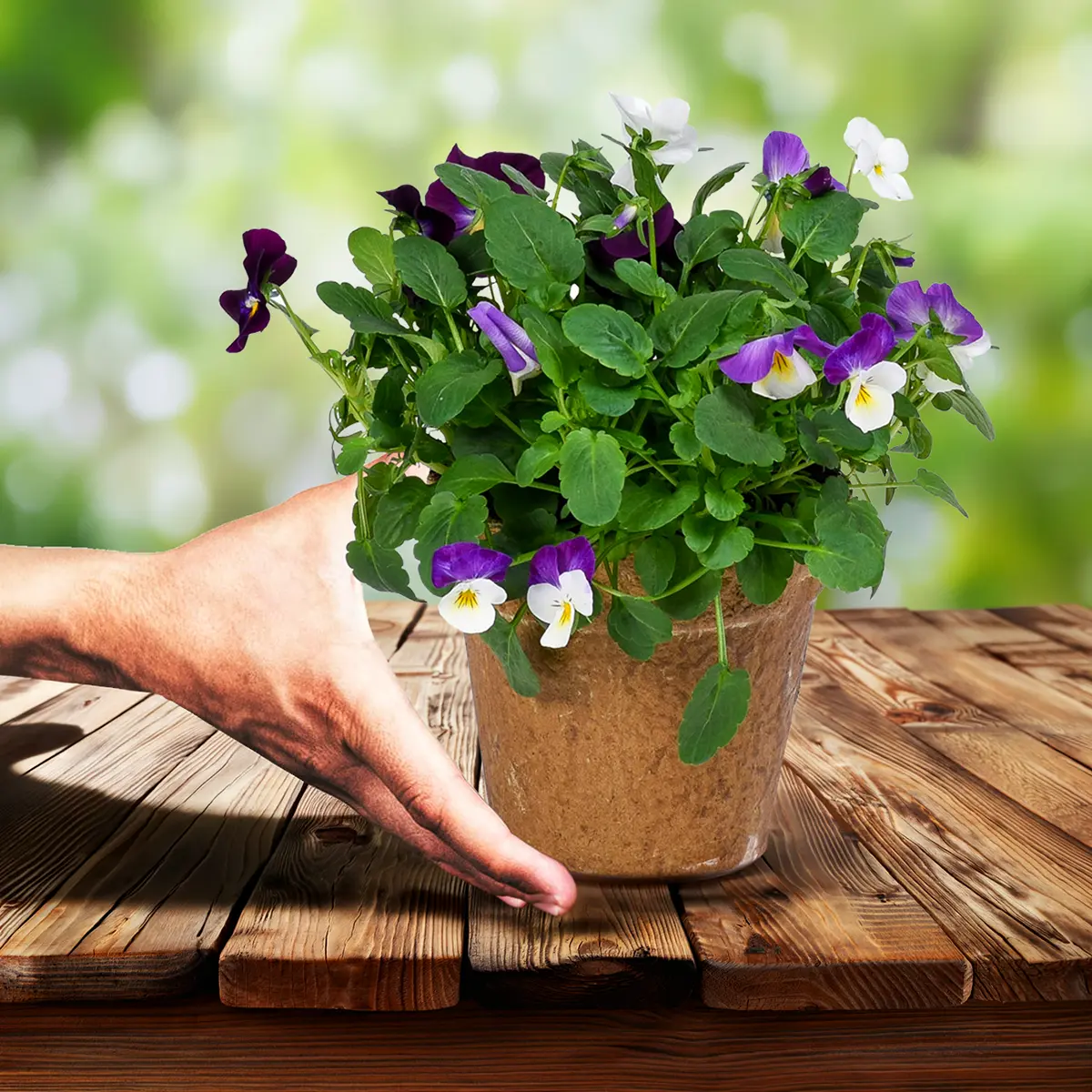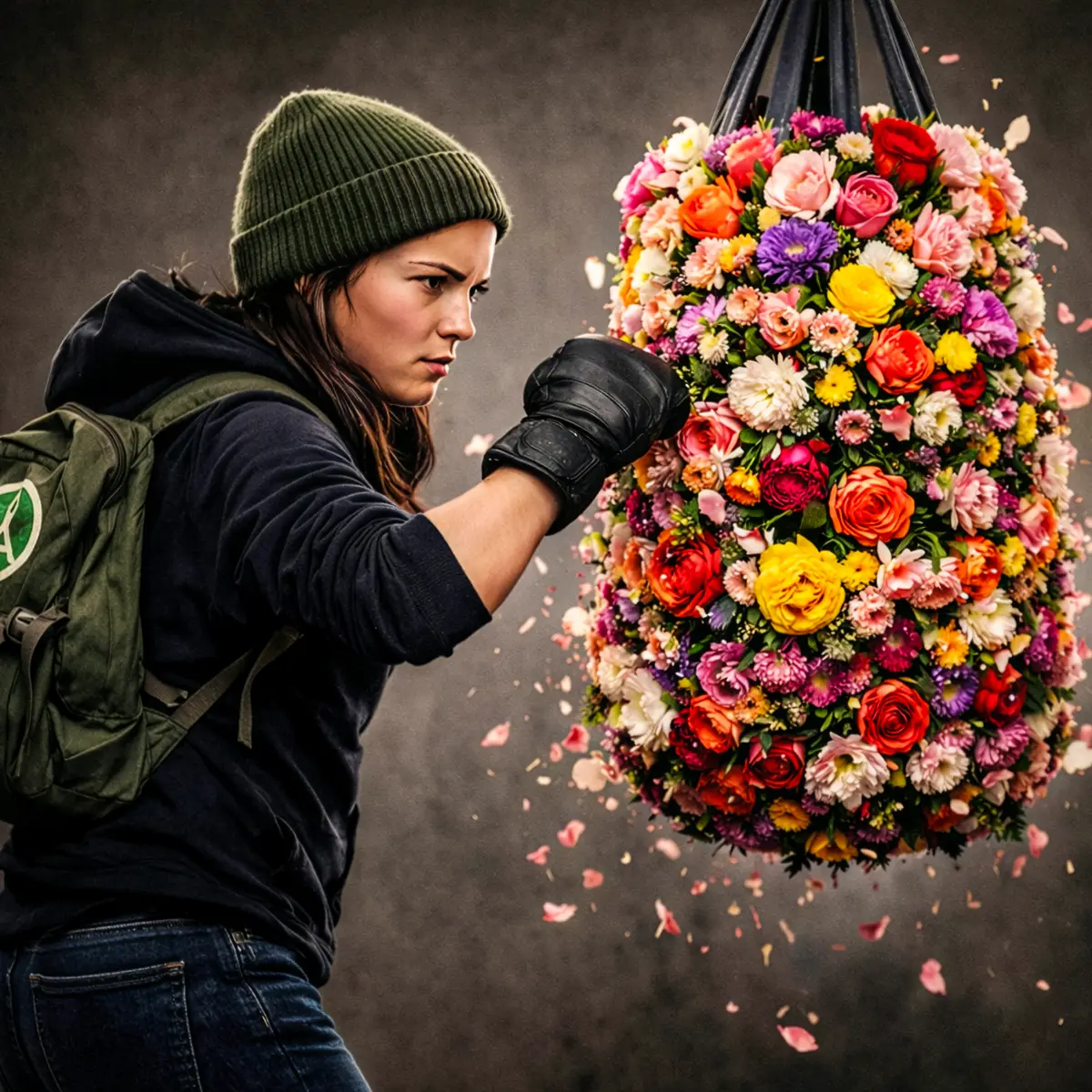There's a 𝐋𝐎𝐓 going on in Europe. It's buzzing with over-the-top sustainability statements, with a keen focus on our cherished floriculture industry. Some climate people are targeting our beautiful industry, trying to destroy it. Comparing footprints of natural products with plastic substitutes.
𝐒𝐨𝐮𝐧𝐝𝐬 𝐜𝐫𝐚𝐳𝐲 𝐝𝐨𝐞𝐬𝐧'𝐭 𝐢𝐭?
It gets even crazier: a prominent hospital* in Holland is transitioning from fresh flowers to plastic ones, citing reasons related to:
1) Fossil fuel consumption
2) Use of pesticides
3) Water management
While these concerns have merit, it's crucial to underscore the holistic benefits of real flowers. Multiple studies indicate that fresh flowers can alleviate pain, reduce anxiety, and even shorten hospital stays.
The Narrative Needs a Shift
I found that having an open debate about footprinting and sustainability is almost impossible. All of our industry's environmental efforts are ignored like nothing and taken for granted. The fact that we, as an industry, made substantial progress toward a more sustainable way of producing, use of pesticides, water, and transporting flowers tends to be overlooked completely. It's evident that the flower industry is navigating some challenges. So, how can we reshape this narrative?

Let's pivot our focus towards amplifying the scientifically proven benefits of fresh flowers and plants. They don't just beautify spaces; they nurture the soul.
The Profound Impact of Fresh Flowers and Plants
It's a scientific truth: real flowers and plants have a measurable positive impact on one's mood and health. As opposed to artificial flowers, which often raise questions about waste disposal, sustainability, and bad Feng Shui. Real blooms offer intangible yet crucial benefits. It's a grave mistake to compare real flowers with fake ones or equate the value of flowers to mere footprints.
Often, critics of fresh flowers argue from a standpoint of environmental load alone, overlooking the intrinsic value fresh flowers and plants bring. Again, flowers represent more than just a 'carbon footprint'. They establish a bond between humans and the living world, serving as a reminder of nature's magnificence. Pitting this against plastic feels almost sacrilegious.
What About Organic Flowers and Plants?
The introduction of bio-flower and plant breeds on a large scale remains a work in progress. Breeders tirelessly work on developing species with natural resistance. Pure organic flowers and plants are being grown, but on a small scale only. This has to do with mainly two reasons:
- The method of certification
- People do not like to have insects
The Method of Certification
There are already many growers, mainly in the large-scale producing countries, who grow almost organically but do not receive an Organic certification. In large-scale production the margins are low, and production is highly efficient. One cannot risk losing production due to pests. At farms that choose to grow as organically as possible, sometimes these growers have to intervene with chemical pesticides. And spray them in spots on their farms where there is an outbreak. This is to save the entire harvest. Understand that no grower in the world likes to spray with poison.
Many now use organic pesticides and insects to protect their crops. But the reality demands that sometimes, they just have to intervene with chemistry. And this fact prohibits the granting of Organic certifications for those farms.
People Do not Like to Have Insects
Growing on a large scale without chemical pesticides is extremely difficult for most varieties with regard to eliminating insects on the flowers and plants completely. Often, when a crop is organic, there are still some insects on the plants, and with warm weather, they multiply quickly. Perhaps the fieldworkers don't see them when harvesting, but a few days later, there could be plenty. And when a grower decides to bring the flowers to the markets anyway, they are rejected quickly. Because the consumer is not ready for a bunch of flowers with some lice or thrips in them. Will they ever be?
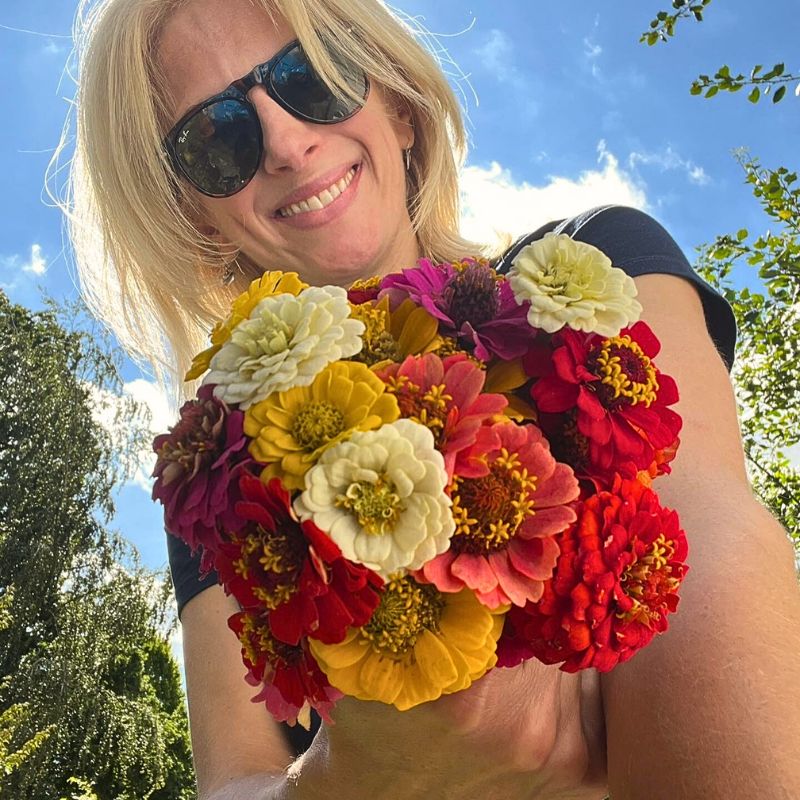
A Reality Check for the Floriculture Industry
Simply stating that governments should allow only organic-certified flowers and plants is not the way. This will lead to a hasty shift to solely organic and would drastically reduce the supply of a wide variety, and thus, market diversity. This will lead to homogenized gardens and public spaces. Thus less biodiversity.
Besides this, globally, most consumers still overlook sustainability. Catering solely to the small percentage of the sustainable-driven audiences in the West would mean that more non-sustainable production will be developed elsewhere in order to cater to the demand. This will be a massive step backward for the industry as a whole.
While the floriculture industry isn't the epitome of sustainability, it's essential to recognize its earnest efforts. The sector's journey over the decades reveals significant improvements, though the path ahead remains. In recent years, the industry has been transitioning much quicker towards a greener future, making significant strides in sustainability. With a focus on more sustainable production methods and selecting species that require fewer pesticides, the industry's evolution is palpable.
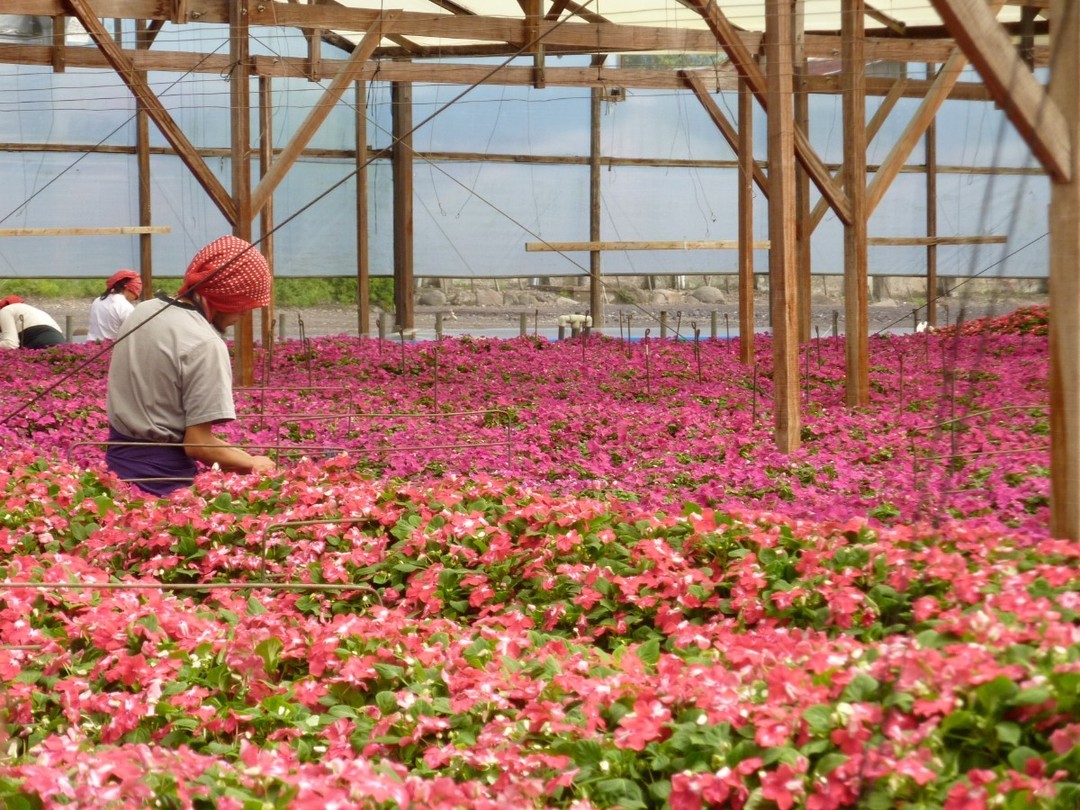
Why Embrace Fresh Flowers and Plants?
While sustainability remains paramount, let's not forget the intrinsic value of fresh flowers and plants. They captivate the soul and symbolize beauty in its purest form. Here are ten reasons to welcome them into living, office, and public spaces:
- Mood enhancer, bringing sheer joy.
- A natural stress and anxiety reliever.
- Boosts mental well-being.
- Enhances creativity and productivity.
- Has healing properties.
- Promotes restful sleep.
- Improves air quality.
- Reconnects us with nature.
- Serves as a symbolic gesture of emotion.
- Intensifies our appreciation for beauty.
Flowers and plants serve as an emotional anchor, bringing joy and solace and promoting health. Replacing fresh blooms with artificial ones is not the answer. The manifold benefits of fresh flowers are irrefutable. The evidence doesn't just lie in research but in the transformative impact they have on our daily lives. It's about time we embrace these natural wonders and give them the credit they rightfully deserve.
Joining the Floriculture & Sustainability Debate
The floriculture & sustainability debate is very complex and, IMHO, should be a nuanced one. There's so much I would like to add to the above, but then, I need a few thousand more words, I can't do that here.
But one thing I like to state, and that is:
"When people are stating that too much pesticides and too much energy is used in our industry, and therefore we should not buy fresh flowers and plants, that is something I resent and will fight as best as I can. My main arguments are that we have to acknowledge that fresh flowers and plants are very good for people. Flowers & plants nurture our souls. And, even with sustainability glasses on, we are nothe there yet, but we're doing good. The future looks bright!"
I hope I can help our beloved industry overcome the craziness of the climate warriors by giving these arguments a voice of reason. And one of love and understanding for flowers and plants, for what they mean to people.
*Editor's note: Arnold wrote this article before the hospital decided to change its course after a lot of backlash in the media. To make a point about what's happening in the West, we decided to not change the content of this article. At Thursd, we believe that a nuanced discussion about the floriculture industry is necessary and we are afraid of more initiatives like this, (that are, in our opinion not well thought out). When we don't speak out in defense of flowers and plants, to emphasize that flowers and plants have many health benefits to people, and are very important, and meaningful in our daily lives, we foresee a future where fewer people enjoy fresh flowers and plants. That is not the future we want.

